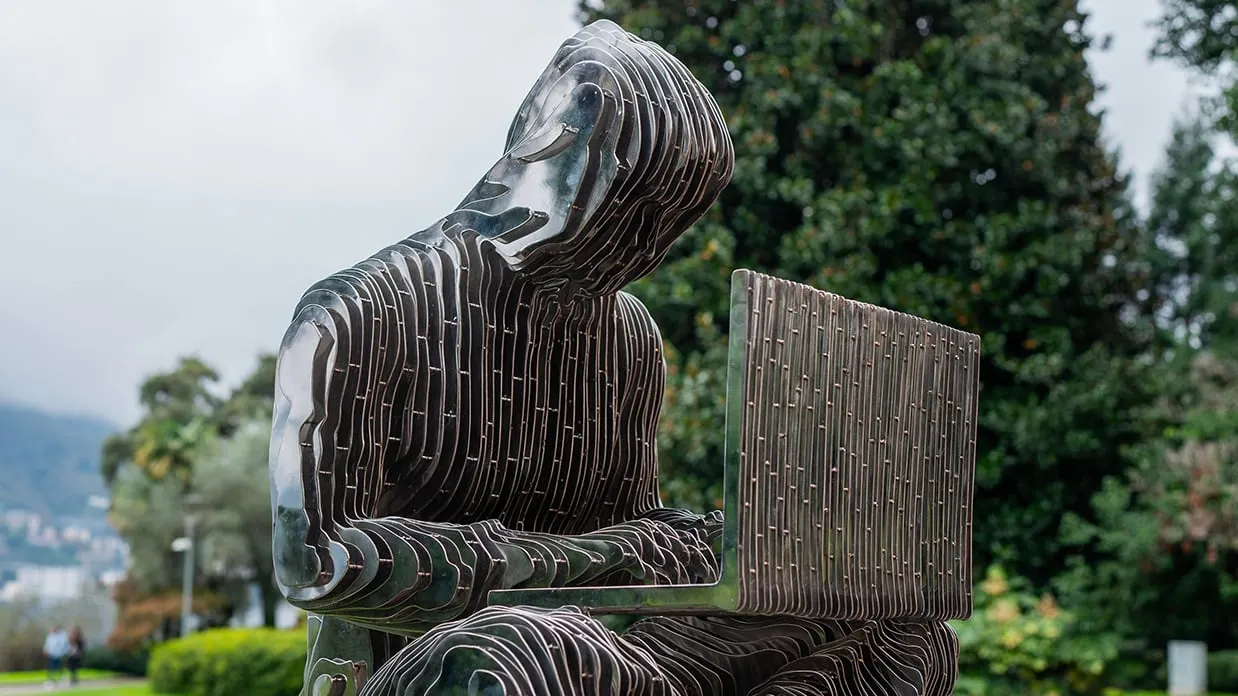The quest to discover the true identity of Bitcoin’s pseudonymous creator Satoshi Nakamoto has stalled for years, with sleuths and documentarians alike unable to produce a definitive answer to the $2 trillion mystery.
Now, a prominent crypto industry executive claims to have unearthed previously unrevealed information about Satoshi Nakamoto’s on-chain activity—that may have left a trail to the shadowy coder’s true name.
Conor Grogan, head of product business operations at Coinbase, said this week that he discovered a number of on-chain transactions linked to a Satoshi-controlled wallet that interacted with Cavirtex, a now-defunct centralized Bitcoin exchange based in Canada.
If true, that fact would signify a major breakthrough in the hunt for Satoshi’s identity. Why? Because the notoriously privacy-prone coder was never previously known to have interacted with centralized crypto exchanges—which, typically, require identity verification from all customers.
If Satoshi really was a Cavirtex customer, the exchange could have collected personally identifiable information, including the developer’s legal name and address—even if, at the time, the Canadian exchange had no clue how important that data from a seemingly ordinary user was.
But Cavirtex is no longer operational. The company was acquired by the American crypto exchange Kraken in 2016 and absorbed into its infrastructure.
So did Kraken inherit information during that merger that could answer one of the biggest questions in modern tech history?
That depends. It’s unclear if Cavirtex operated under mandatory know-your-customer requirements, or KYC, for all customers at the time Satoshi may have interacted with the exchange—or if Kraken retained Cavirtex’s KYC data post-acquisition. A Kraken representative did not immediately respond to Decrypt’s request for comment on the matter.
It does appear, however, that as early as December 2013—when Coinbase’s Grogan says Satoshi received Bitcoin from Cavirtex—the Canadian exchange was already making a point of enforcing KYC for all customers. Back then, when crypto was still an incredibly young and fringe sector, several Bitcoin exchanges skirted such requirements.
But apparently not Cavirtex.
Around the same time as Satoshi’s purported Cavirtex transaction, a popular online Bitcoin forum described the exchange as one that enforced “stricter KYC policies,” similar in robustness to the likes of Coinbase and Kraken.
Only in June 2014—about six months after Satoshi reportedly interacted with Cavirtex—was Canadian law amended to require crypto exchanges to collect identifying information from its customers.
But Cavirtex appears to have already been performing such checks on users. The same week Canada passed that crypto regulation, the exchange declared it was already maintaining a “proactive” KYC policy.
If the exchange did in fact collect identifying information from Satoshi, it's possible then that Kraken inherited that data and still possesses it.
The exchange has only so far engaged with Grogan’s claims about Satoshi somewhat cheekily. When Grogan posted his findings about the Bitcoin creator on Wednesday, Kraken’s X account responded nebulously: “We are all Satoshi.”
Daily Debrief Newsletter
Start every day with the top news stories right now, plus original features, a podcast, videos and more.

